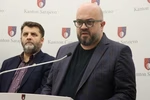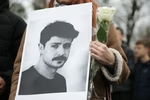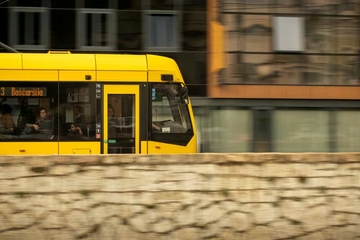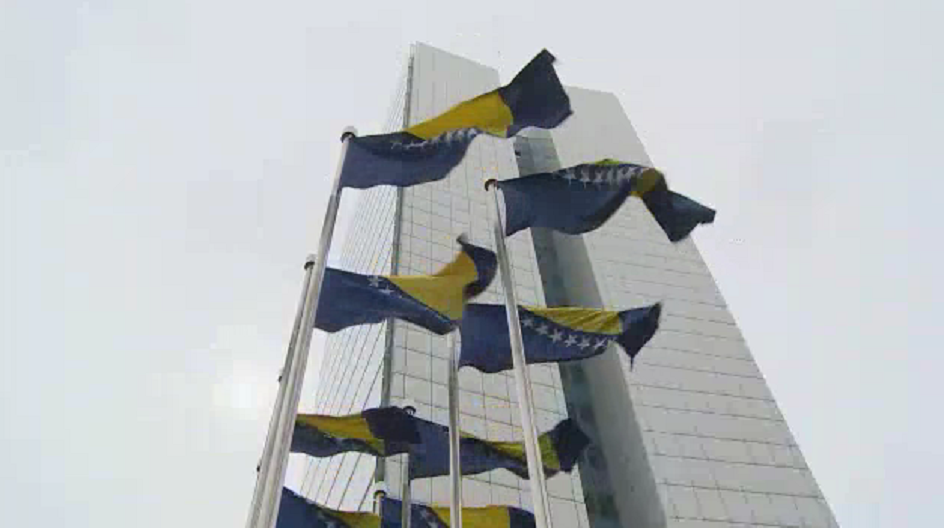
US Ambassador Maureen Cormack and the Head of the EU Delegation to Bosnia and Herzegovina Lars-Gunnar Wigemark recently issued a joint statement, addressing the local leaders in Bosnia and urging them to once again reach a compromise on electoral reform.
US Ambassador Maureen Cormack and the Head of the EU Delegation to Bosnia and Herzegovina Lars-Gunnar Wigemark recently issued a joint statement, addressing the local leaders in Bosnia and urging them to once again reach a compromise on electoral reform.
"With just weeks before the general elections are announced, BiH's leaders are running out of time. There is agreement that reforms are needed,” according to the message published on the US embassy blog. “What is missing is the political will to negotiate a compromise. As citizens of a democratic country, the people of BiH have the right to expect that elections are held and the results implemented."
In order to hold 2018 general elections and implement their results, the Central Election Commission of BiH should make an announcement in early May which coincides with the final deadline for changes to electoral legislation.

In addition to a series of decisions by the European Court of Human Rights (ECHR), which warned of discriminatory provisions in the Election Law and the Constitution, the Constitutional Court of Bosnia and Herzegovina also assessed that some provisions of the Election Law were not in line with the Constitution.
The authorities failed to act within a six-month deadline, so the court intervened and deleted two sections of the law, which left a gap in the Election Law.
Political representatives are under pressure to reach an agreement now on the way in which the Constitutional Court’s decision could be implemented to ensure equal representation in the FBiH House of Peoples.
However, two main opponents, who are at the same time formal partners in the ruling coalition – the Party of Democratic Action (SDA) and the Croat Democratic Union (HDZ BiH) – pose the main obstacle to the agreement.
The international community in Bosnia has been closely following the situation regarding the Election Law changes.
Foreign officials expressed particular concern earlier this year about a possible crisis, which might emerge if the election results were not implemented.
Later, they engaged in talks with political parties as mediators and emphasized they would not be imposing any solutions because that was the sole responsibility of local leaders.
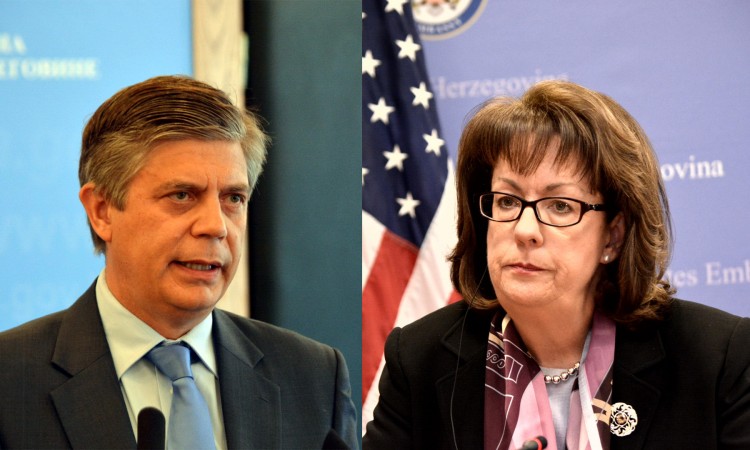
“We are deeply concerned that BiH’s leaders have abdicated their responsibility and do not take seriously the risk of a political crisis. This is unacceptable,” the ambassadors warned.“If the results of the general elections cannot be implemented, the establishment of authorities will be seriously hindered. This will have negative consequences for every single citizen.”
Deputy Speakers of the House of Peoples, and representatives of the two main parties involved in the talks on electoral legislation changes, Barisa Colak (HDZ BiH) and Safet Softic (SDA), said there was not much room for optimism.
“We have a little bit more than one month left, but I must be honest, I am not too optimistic," Colak said. He confirmed that representatives of the international community held separate talks with political parties and that, most probably, these talks would be concluded by one joint meeting.
Although there were numerous shortcomings in the electoral legislation US and EU Ambassadors Cormack and Wigemark singled out deadlock in Mostar in particular where elections have not been held since 2008.
Kakvo je tvoje mišljenje o ovome?
Učestvuj u diskusiji ili pročitaj komentare





 Srbija
Srbija
 Hrvatska
Hrvatska
 Slovenija
Slovenija















